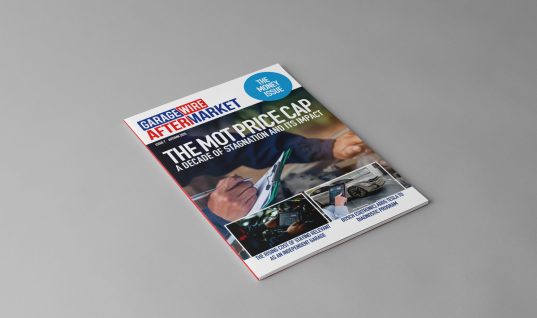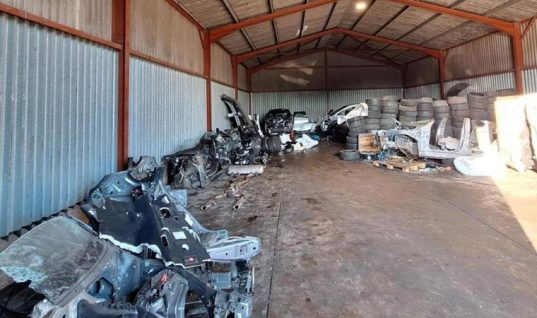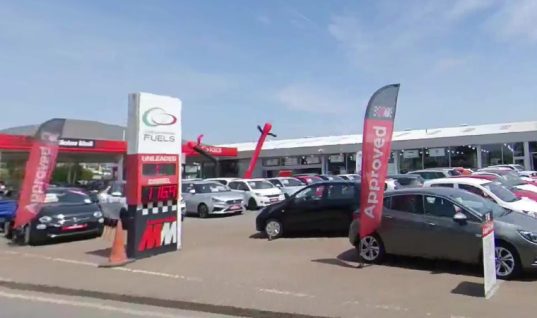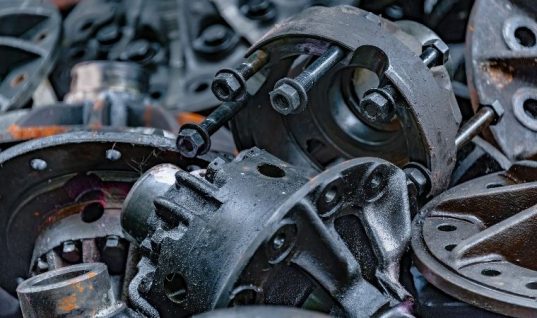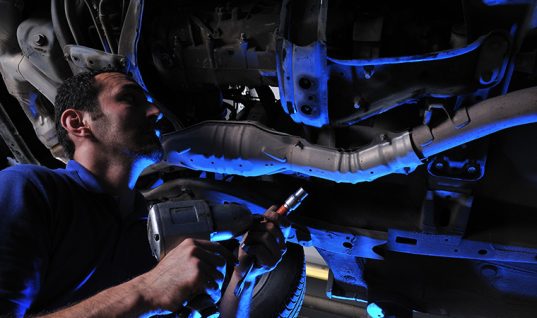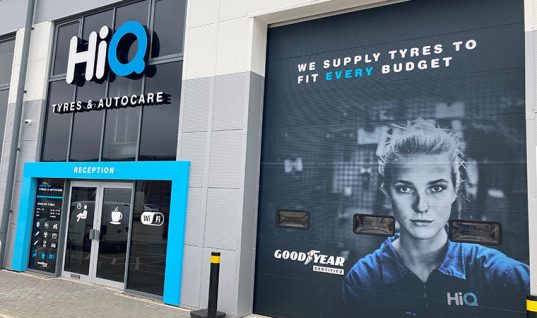The gender gap in Northern Ireland’s MOT centres is stark, with only 21 women out of a total workforce of 451. This translates to a mere 4% female representation, highlighting the persistent stereotype that mechanic roles are for men.
Despite the low numbers, young women like Rebekah Gillis are defying expectations. As a 17-year-old apprentice mechanic, she aspires to own her own garage and believes more women belong in the industry.
“A lot of places would benefit from having a girl,” Gillis emphasises, “It would help their reputation, their image.” She encourages other girls to pursue careers traditionally labelled masculine.
Billy-Jo McKenzie, another young woman pursuing a career in the field, is aiming high. Studying motorsport engineering, her dream job is in Formula 1. She acknowledges the challenges: “There’s not many of us,” but finds encouragement in the growing number of women entering the industry.
The Department for Infrastructure, which runs MOT centres, recognises the need for change. They’ve implemented measures to attract a more diverse workforce, including women.
Educational institutions like South West College are also taking action. Paul Eagleson, a deputy head of department, acknowledges the historical bias and is actively working to improve the situation. Support networks are being established to promote mechanic courses to young women.
The message from these young women and educators is clear: the industry is a viable and rewarding career path for everyone. While progress is being made, there’s still work to do in dismantling outdated stereotypes and encouraging more women to choose a career fixing cars.
Source: BBC News


